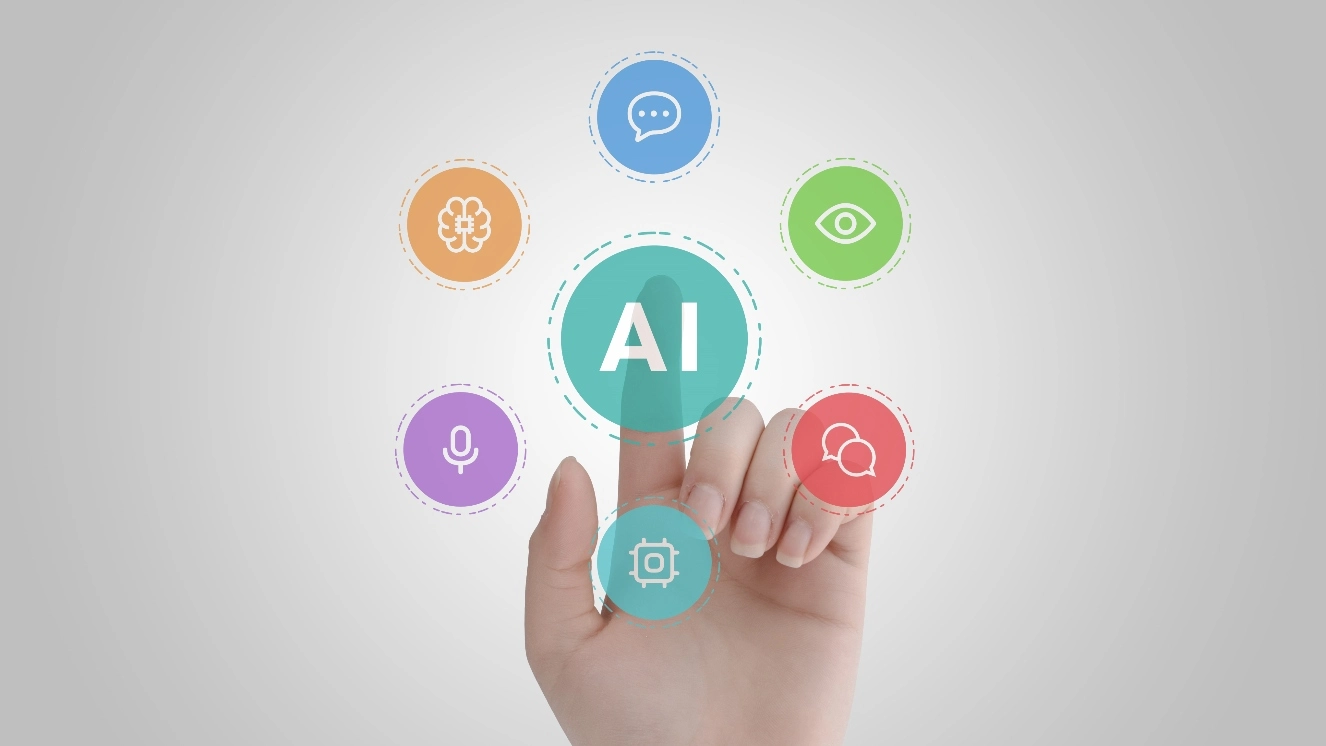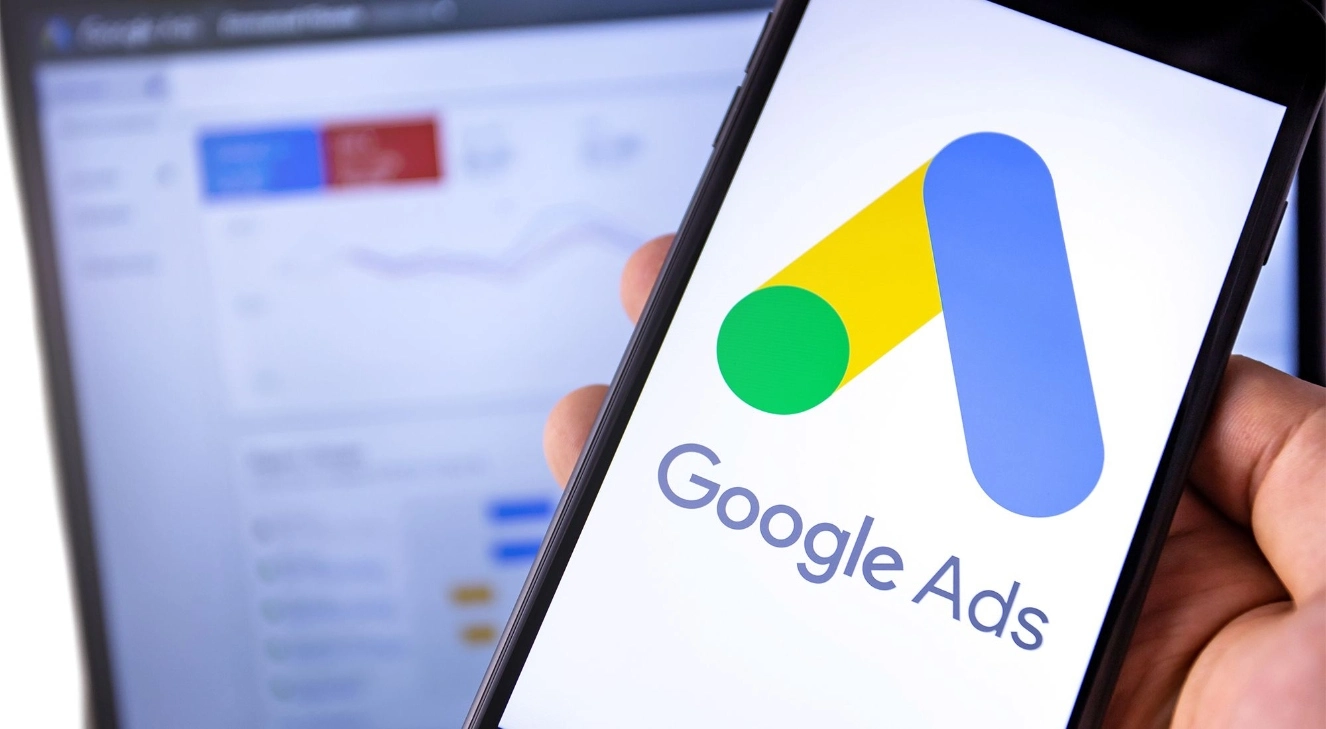
Artificial Intelligence (AI) is becoming more significant in our lives today. It influences everything from healthcare, to businesses, and even our education. AI refers to creating systems that can learn from real-time data collected from our computers and can create things and outputs based on these analyses. With continued technological development, AI’s effect is expected to become more influential and life-changing. The role of AI in healthcare analytics is becoming essential as well. Because of this, it is important for us to explore how this technology can affect our lives. So, we’re breaking down its benefits and future unprecedented challenges.
Different Applications of AI in Healthcare
Deep learning, machine learning, natural language processing, and other AI features are enhancing the experiences of patients and healthcare professionals.
With these, AI has shown the ability to assist patients and healthcare providers at every point of the care continuum, from diagnosis, through treatment, and home care. These are a few instances of AI being used in healthcare to illustrate how it may improve staff and patient experiences.
AI for Health Care Diagnosis
Approximately hundreds of thousands of hospitalized patients experience avoidable harm annually. Many of them pass away. With this, one of the most promising uses of AI in healthcare is its potential to enhance diagnostic procedures.
Large caseloads and incomplete medical histories can result in fatal human errors. AI is immune to those factors. When used correctly, it can detect and forecast illness more quickly than the majority of medical experts.
AI in Drug Development
Thousands of human hours of study and rapidly rising development expenses are crippling the drug development business. In fiscal years 2017 through 2021, an estimated $28 billion is spent on clinical trials for every medicine. However, only a small percent of those treatments are successfully introduced to the market.
Technological advancements have accelerated this process. AI can help with drug design, the prediction the side effects, and can identify candidates for clinical trials.
AI for Data Management in Healthcare
Important information can get lost in the maze of trillions of data points. The inability to link crucial healthcare data analytics points slows down the creation of innovative drugs, preventative healthcare, and accurate diagnosis.
AI connects data that used to take years to process and breaks this large amount of information down quickly. This can lead to more effective everyday operations and patient experiences by cutting down on the time and expense of healthcare administrative procedures.
Artificial Intelligence in Robotic Surgery
From minimally invasive treatments to open heart surgery, hospitals are using AI and robotics to help. Seated at a computer panel, surgeons can control the mechanical arms of a robot. This provides them with a magnified, three-dimensional picture of what they’re operating.
The surgeon guides other team members who collaborate closely with the robot during the entire procedure. Robotic assistance has decreased surgical problems, discomfort, and patient recuperation times.
Potential Benefits of Using AI in Healthcare
Hospital management, patients, and health businesses can all profit from healthcare analytics. It may be tempting to picture healthcare analysts operating in a hypothetical data cloud. However, their work actually affects how hospitals run, the treatment of patients, and medical research practices.
Several well-known advantages of healthcare analytics are as follows:
- Enhanced patient care, including the provision of more efficient treatment plans
- Forecasts on a patient’s susceptibility to a specific medical condition
- More precise health insurance quotes
- Better time management for employees and patients
- Good distribution of resources
Challenges of Using AI in Healthcare
Although it presents some difficulties, the application of AI technology in healthcare is fascinating. AI algorithms’ ability to find patterns in massive amounts of data is essential. The conclusions drawn from data analytics in healthcare will also be faulty if they are inaccurate, or not representative of the patient group.
The process of getting new AI-powered clinical tools approved by the Food and Drug Administration, adopted by hospitals, and accepted by insurance companies can be lengthy. This is the result even after they have undergone thorough testing.
Initiatives in AI-powered healthcare must also consider ethical considerations of patient data mining. Artificial intelligence (AI) applications must be used responsibly to protect patient privacy and medical data, even while they might be helpful in predicting patient behavior (such as who is likely to skip screenings, miss appointments, or refuse treatments).
Transforming Your Healthcare Analytics by Using AI Now!
Our healthcare system is undergoing a major transformation because of AI’s innovative features. Take the first step in improving your healthcare. Let’s work together to elevate your management of healthcare data, improve workflow processes, and enrich the lives of your patients.
Contact us right now for any advice that you might need on using AI in your healthcare analytics strategy. Let’s work together and shape the future of the healthcare industry.
Read next:


